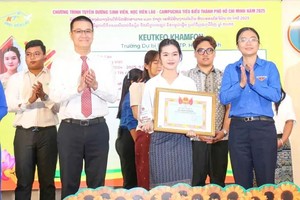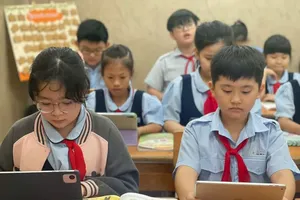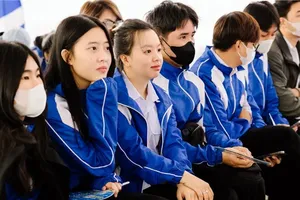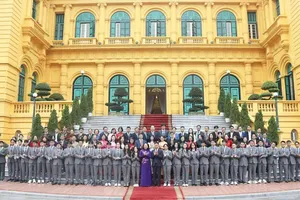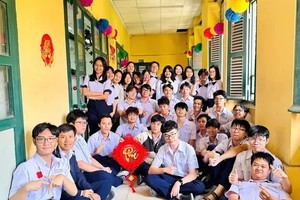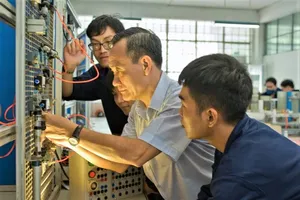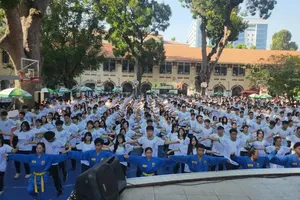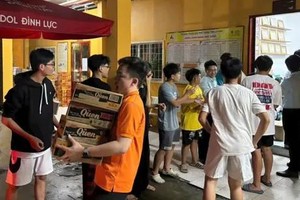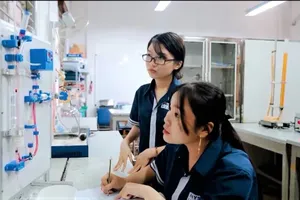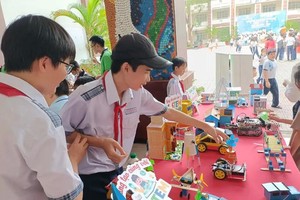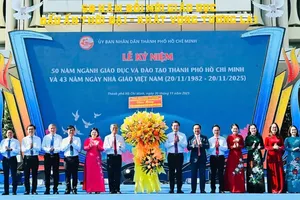A heated clash broke out recently amongst professors and scientific experts during a Ph.D. student’s thesis defense at the Ho Chi Minh City-based Poly-technique University.
The conflict occurred after the student, TTS, was seen as falling far short of meeting academic requirements, but was still given a “pass” evaluation by a panel of scientific experts.
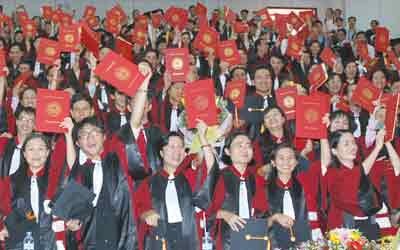
From the outset of his defense, the postgraduate student appeared confused and was unable to express the main ideas of his research into equipment for making rice paper cakes.
He was also incapable of answering 10 questions posed to him by the scientific council.
TTS’s thesis also revealed several errors in content and quality and lacked references, while breaching regulations stipulating that work must be overseen by two teachers.
A scientist at the meeting pointed out that the content of TTS’s thesis differed from the title.
Tensions boiled over when five of seven members of the council agreed to pass TTS despite his academic shortcomings.
An expert with experience in the same field as TTS flew into a rage after being denied the right to speak many times. He finally stood up without permission of the council chairman to complain about TTS’s work. The expert said he had done the same research five years earlier and that his colleague was given a patent for it by the Ministry of Science and Technology.
It was revealed by reporters that in 2002, a group of lecturers and students of the Mechanism Faculty of the university had in fact carried out the same research as TTS. In 2005, a member of the team, Professor TDS, improved a device born out of the research, and was later granted an industrial patent for it.
Professor Pham Ngoc Lang blamed the school for not providing doctoral students with a list of patents issued by the Ministry of Science and Technology. However, it was learned that a copy of TDS’s patent was actually attached to TTS’s thesis, indicating the student had known about the other research.
A university official admitted that complicated approval procedures had created loopholes in allowing Ph.D.s to be granted to undeserving students. University representatives said it was a mistake to approve TTS for a Ph.D., but the council chairman allowed the evaluation to continue.
TTS left the meeting threatening to sue the school and the scientific council while rumors swirled that gangsters had intervened in the case.
Dr. Le Thanh Chon, head of the Postgraduate Training Department, said this incident should serve as a lesson for the school.
Other experts agreed that the case highlights fundamental problems in Vietnam’s education system. In striving to turn out a high number of doctoral students, the quality of student training and standards has suffered, they said. Moreover, many students see Ph.D.s as a sign of prestige, and are not motivated by a genuine desire to conduct useful research.

